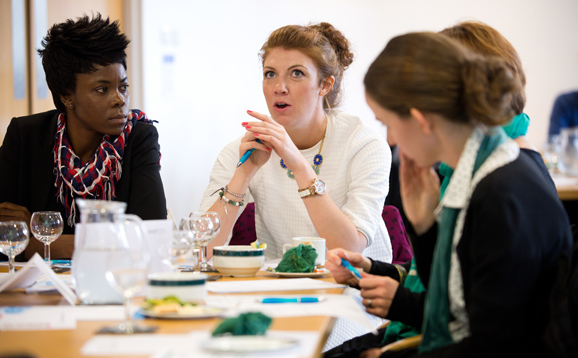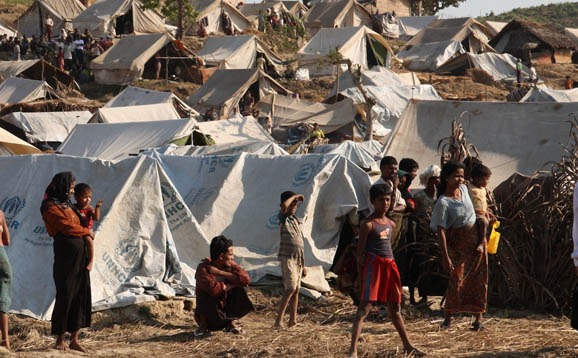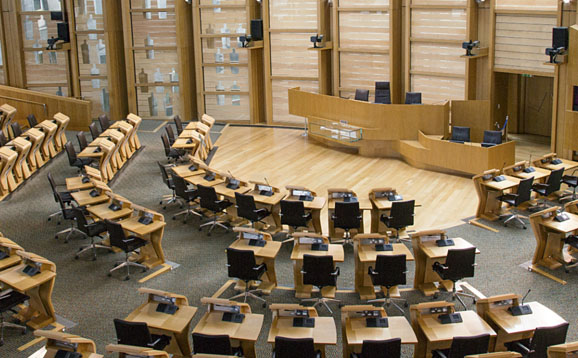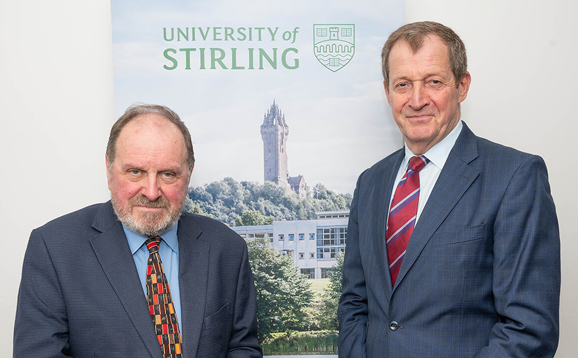Politics and International Studies research
We produce research that delivers political and societal impacts. Our focus on global political problems helps us to explain and influence their dynamics.
Our research themes include issues of human rights and global justice, climate change, energy and resource conflict, and public health. We analyse these issues to help shape research agendas, promote social justice, inform the design of new policies and practices, and lead the global debate on evidence-informed policy.
Our research
International Politics
Find out more about our research in the areas of foreign policy, security; global governance, human rights and more.
Public Policy
Explore our Public Policy research to see how we're influencing energy and environmental policy, housing and homelessness policy, gender equality and much more.
Featured research
Stirling public policy hub
The Stirling public policy hub brings together the latest insights, evidence and commentary from our researchers, in a one-stop-shop for policymakers.
Centre for Policy, Conflict and Co-operation Research
Bringing together international and domestic politics and history, environmental management and climate science, policy making and theory, as well as the advancement of professional practice and theoretical developments.
Politics and Public Policy blog
Explore a series of blog posts offering insights into the policymaking world and unraveling the latest policy theory and issues.
Scottish Political Archive
Based at the University of Stirling, The Scottish Political Archive aims to collect and make accessible archival material from Scottish politicians and political organisations.
Imajine
Learn more about our international collaboration as part of the major Integrative Mechanisms for Addressing Spatial Justice and Territorial Inequalities in Europe project.
Andrew John Williamson Memorial Trust
The Andrew John Williamson Memorial Trust was created in 1982 by his parents in memory of Andrew Williamson, a Politics student at the University of Stirling. The Trust supports the annual
PhD opportunities in Politics and International Studies
Politics PhD
Study for a PhD or MPhil in Politics at the University of Stirling and you’ll be part of a dynamic culture where collaboration is key, international links abound and the desire to make a meaningful contribution to society is always at the forefront of our minds.
Research students can draw on the expertise of our academic staff, all of whom have national and international reputations in their respective fields. We value the opportunity to work with new research talent and have put in place a supportive environment for you to develop your skills and pursue your specialist field of research.
The Faculty of Arts and Humanities has a vibrant postgraduate research community working across its four Divisions. Students are provided with access to dedicated research facilities as well as an opportunity to attend a range of research seminars and workshops within specialist research centres and collaboratively across multi-disciplinary subjects. Research students have access to a number of training opportunities, at University, Faculty and Divisional levels, including subject specialist training within postgraduate research seminars and other forums.
| Read more about how to apply and see entry requirements | What's the difference between a PhD and an MPhil? |
Doctor of Diplomacy DDipl
This course brings together best practice in academic learning and professional expertise. A unique feature of the face-to-face and practical aspect of the course is weekend seminars, which maximise your opportunities for discussion of key issues and flexible delivery. The suite of modules includes diplomatic simulations and negotiation exercises, which can also be taken à la carte. The DDipl consists of two parts. Full-time students can expect to complete the degree in three to four years. The taught part of the course will last for two academic years if you’re a full-time student. In your final year (with the option of applying for a one-year extension), PhD candidates will complete a thesis within about one year. This thesis will enable you to reflect on pertinent issues of diplomacy in light of the theory and conceptual knowledge you have gained over the course of your degree – as well as through your independent research. Most working professionals are likely to choose part-time study for this degree. If you choose the part-time degree pathway, the completion of the DDipl will take proportionately longer.






